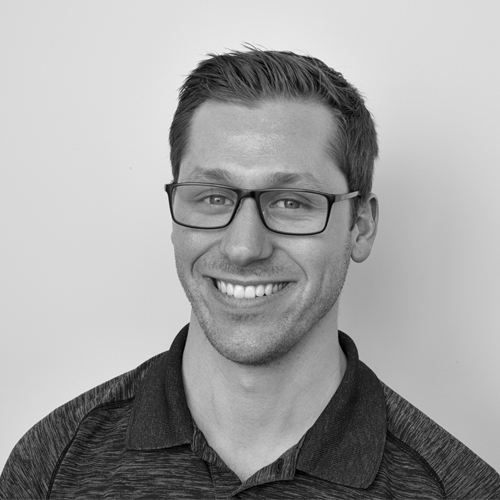Kindergarten. A Very Stressful Time.
Remember the Fresh Prince reference from post #1? It said there was a story to explain how I became the guy in need of repair. Spoiler! This whole blog is that story. So just sit right there and I’ll continue with how I became the Fresh Prince of Bel-Air…
Moving, fidgeting, mimicking, buzzing. This is a list of words. These words describe me. I was a mover in utero (inside my mom’s uterus) so much so that I gave her terrible stomach problems and morning sickness. Sorry mom. The movement didn’t stop after I was born. I moved and wiggled and I was quick to move on to the next thing/toy/task. As a kid this is pretty normal. We all explore and play. That is how we develop our minds. Then we get older and we learn to focus that movement energy.
Before I go on, this is a great time for a David’s Brain Moment.
My favourite scientific principle is homeostasis. In physiology it means there is always a constant attempt for balance. Oh! That makes me think of my truly favourite science principle, the Law of Conservation of Energy, which states that energy is neither created nor destroyed, only transferred from one form to another. Wait no, my favourite principle is Newton’s 3rd Law of motion – for every action in nature there is an equal and opposite reaction. Just writing and reading these principles makes me happy. My brain likes order, balance and reason.
Okay, where was I? Oh ya, I am a mover. Always have been, always will be. I am a survivor, like you. I have survived in this chaotic world for 28 years. How? I learned from my family and society. I learned that there are times when I have to sit still and listen and learn and progress through stages of life. But I am a mover, so I learn best through doing, experiencing, and experimenting. I think this is what led me to love science. I could always think about it when I was moving. Movement is physics and biomechanics. Human physiology and biology explain how we can move. Cognitive neuroscience studies the big beautiful brain responsible for captaining our extremely complicated nervous system; which enables us to move with purpose.
I moved the way I wanted to move, what felt right, balanced and pain free. My first conscious memory of discomfort is from when I was in kindergarten. I needed to complete a colouring homework assignment. I really didn’t want to and I didn’t understand why I had to. I have a distinct memory of how my body felt when I was trying to colour inside the lines. As I got close to the lines I became nervous that I would mess up, and my body felt like it was vibrating. I had a death grip on my pencil crayon and I was laser focused. If I messed up my picture and went outside the lines, the vibration in my body increased. The stressful experience made me feel like I just had to move and shift and then start the colouring over. That stressful vibrating feeling to move or fidget happened a lot in kindergarten. I had to make sure my shoelaces were even, my shoes were done up with equal tension, my uniform had to be tucked in evenly, and, don’t even get me started on stains. Stains were for my play clothes. If I got my uniform dirty, I had to get it evenly dirty to appease that vibrating feeling of stress. Let’s think back to our discussion about pain/trauma – a deeply disturbing or distressing experience. I think my colouring experience was traumatic. My reaction to the colouring assignment was that of a human trying to survive. I avoided what was making me feel stressed, I left the colouring and moved instead.
This was also my first memorable experience of feeling guilty because I could sense that my mom was concerned about me. She did not want me to be held back, separated from my friends, labelled stupid or inadequate. I understood that, but I had not thought about it as an option, so I felt a renewed sense of purpose to find a way to beat the game of colouring. I passed kindergarten and all was well with the world. I thrived as a busy boy, quick to answer and, at times, I had to be reminded to wait to be called before answering. Overall, I would describe myself as a smart-ass student, who did not mind being the clever clown if it made others laugh. I spent a lot of time in the office and hallways of my elementary and high schools.
Something else I had to deal with since birth is my eye sight. I was born with cataracts, which is a disease where the lens of the eye becomes clouded and vision deteriorates. Most people don’t need to worry about this disease until they are well into their last quarter of life. But my DNA decided to express the defect that led to bilateral (both eyes) congenital cataracts. So, from a very young age I have been a patient.
Back to my education.
University was different. I get to pick what I learn about!?!?!?!?!?! I can focus on the sciences that apply to what I want to do?!?!?!?!?! Sweet. I LIKED being still in that vibration of focus when I was learning about things that interested me and I thought would make me a better medical professional. I would have never been able to complete my Masters in Physical Therapy had I not learned to change how I perceived the physical manifestation of stress in my body.
Reader: “Okay…..but what about your back?”
Did I mention that I have a short attention span? I do. But usually my tangents have a purpose, so take a dive into post #5.

